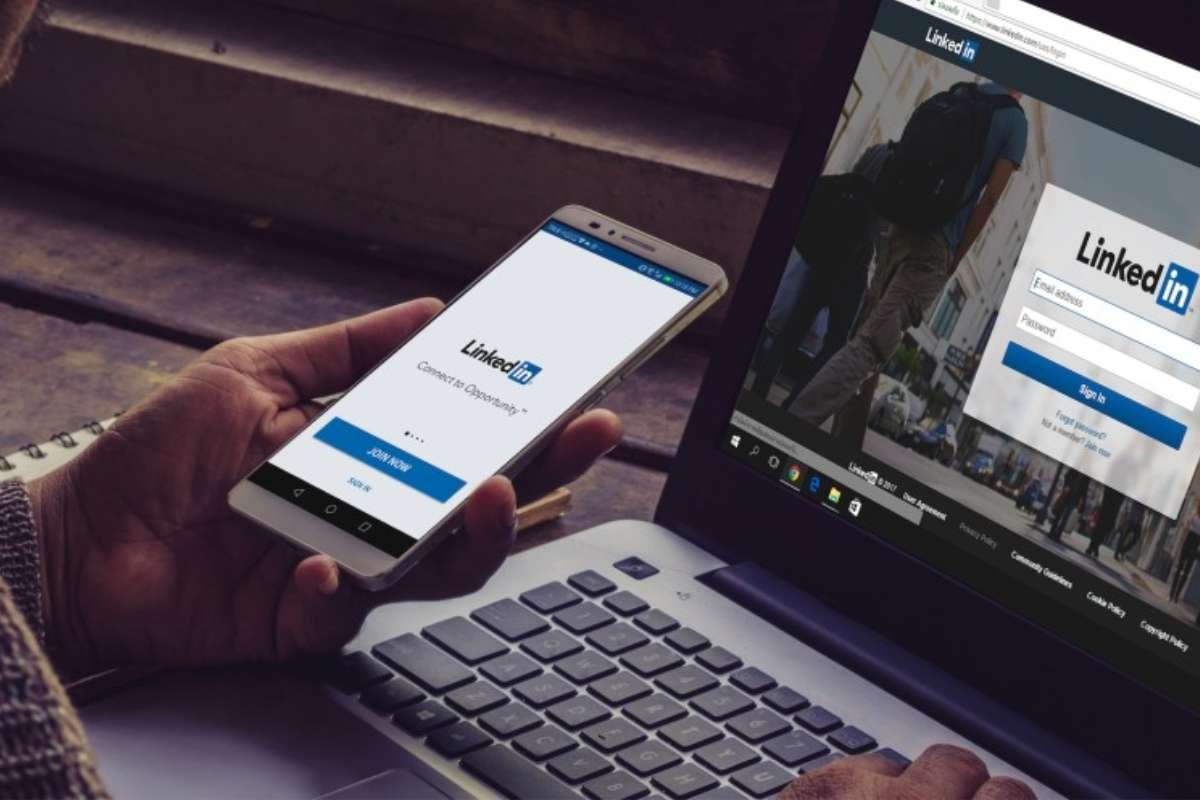Entrepreneurs have a lot to do each day as they grow their businesses and manage their up and coming empire. This can mean that elements of their personal lives fall by the wayside, or seem like they are unattainable because of the nature of their professional responsibilities and potentially precarious career path & Mortgage You Can Afford.
Getting a mortgage is a good example of a commonplace process which entrepreneurs might procrastinate over, because of the perception that the affordability of taking out a home loan just isn’t reasonable right now.
However, by taking a few of the following factors into account, you might be surprised by the size of Mortgage You Can Afford within your reach right now ;
1. Assess Your Financial Position: Taking a Close Look at Your Debts, Income & Savings
As an entrepreneur, it’s important to assess your financial position before taking on any large mortgage. You need to look closely at all of your debts and the amount you can realistically Mortgage You Can Afford each month. It’s also essential to consider how much money is coming in from income sources such as salaries or investments.

Finally, be sure to factor in savings and other assets that could help cover the costs associated with a home loan. Understanding exactly where you stand financially when deciding on a potential mortgage size makes it easier for lenders to not only approve you, but also provide more affordable interest rates based on Mortgage You Can Afford & your creditworthiness.
2. Calculating the Amount of Mortgage You Can Afford
When it comes to mortgages and , it’s important to know your limits. As an entrepreneur, you need to calculate how much mortgage loan you can comfortably afford. This means taking into account not only the monthly payments but also any fees or additional costs associated with a home loan like closing costs and insurance premiums.
A good way of determining what size mortgage is right for you is by using a home affordability evaluation calculator that gives an estimate based on your income and expenses such as rent, car loans and so forth.
Additionally, there are many helpful websites out there which offer advice on budgeting for house purchases, so be sure to check them out too.

3. Exploring Different Types of Mortgages to Fit Your Needs
Another thing you need to know before diving into the mortgage application process is that there are actually different types of mortgages that are available & Mortgage You Can Afford, each of which has its pros and cons depending on your circumstances and eligibility.
For example, if you have a low credit score or limited income, then a government-insured loan may be the right option for you. On the other hand, if your financial situation allows it then taking out a jumbo mortgage might make more sense due to its lower interest rates and bigger loan limits.
It is also worth researching options such as adjustable-rate mortgages (ARMs) which allow borrowers flexibility when it comes time to pay back their loans in full. Knowing what type of mortgage best suits your needs will help ensure that you don’t end up paying too much for your home.
4. Understanding Risk Factors & Planning for Unexpected Costs
Anyone whose income is not fixed, but can fluctuate, needs to appreciate the risk factors associated with taking on a large mortgage.
This includes not only interest rates, but also property taxes and insurance premiums which can add up over time.
Planned and unplanned expenses such as home renovations should be factored into your budget too, in order to avoid any nasty surprises later down the line.

5. Thinking About the Aspect of Flexibility
Owning property is a noble ambition, and yet part of the decision-making process for entrepreneurs in particular has to be based on whether being tied down to a mortgage on a specific premises actually makes sense for their circumstances.
Even if it is financially viable for you to purchase a home with a loan, you need to be certain that this is worthwhile from a broader perspective.
For instance, if you plan to stick around with your business in a specific location indefinitely, then obviously it doesn’t matter if you have a 25 year mortgage on a house in the area. On the other hand if you think you might end up moving in the next 5 years, would it be better to stick with renting for now, so as to remain more agile?
This is where you need to think about your Mortgage You Can Afford not just with your heart, but with your head, and be pragmatic and realistic, rather than letting it be a decision you come to regret.
Final Thoughts
It is essential that entrepreneurs research all of their options before deciding on a loan size so they are aware of what they are getting themselves into financially.
Using different financial tools, like amortization calculators, can help you create realistic repayment plans that won’t leave you in financial dire straits.





